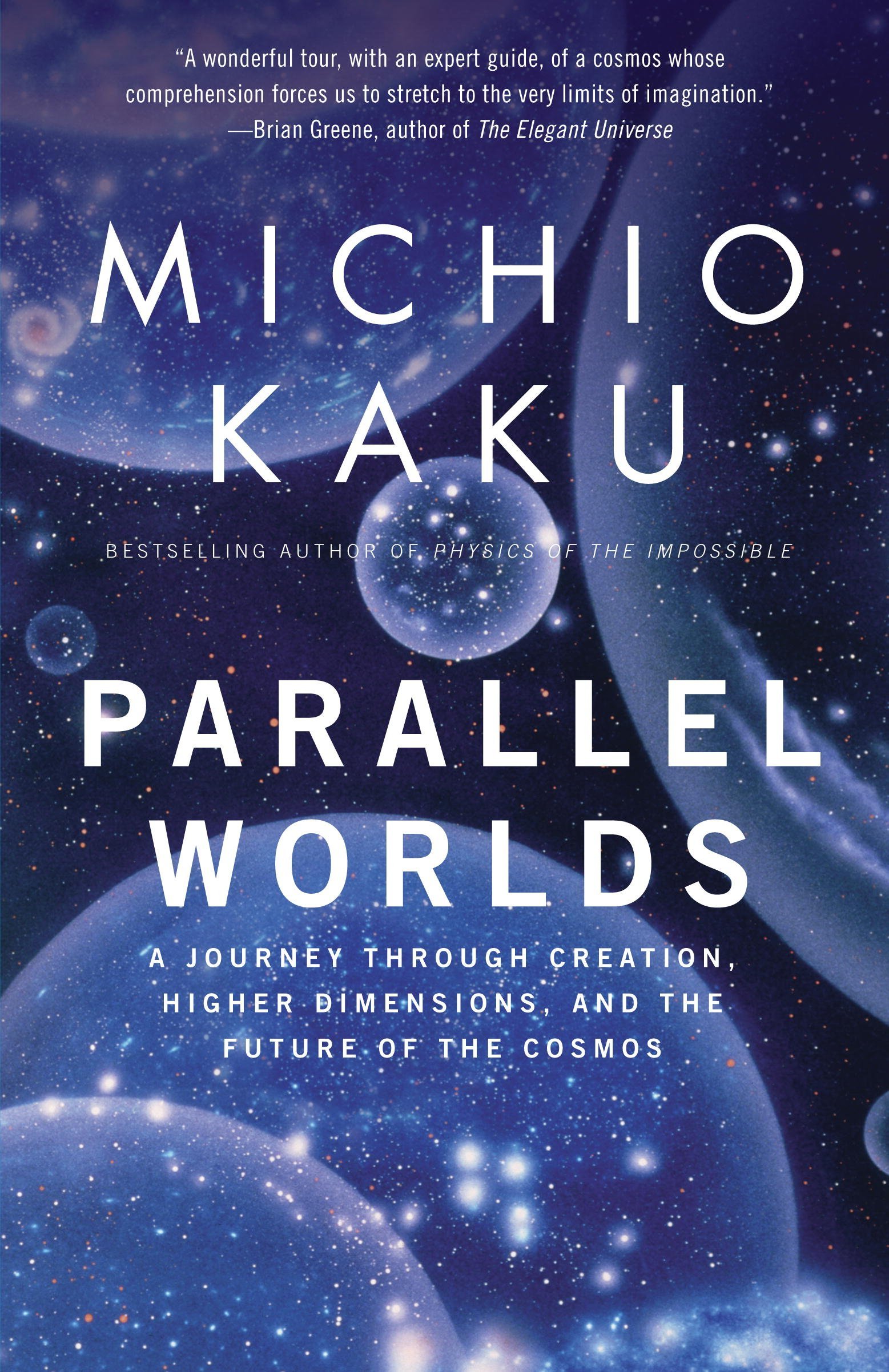
Quantum Supremacy
Book Description
Step into the mind-bending realm of quantum computing, where the impossible becomes reality and the future of technology hangs in the balance. Michio Kaku reveals how this revolution could shatter the limits of classical computing, unleashing unimaginable power that could solve problems beyond our comprehension—from curing diseases to cracking codes that safeguard our secrets. With gripping insights and electrifying predictions, Kaku unveils a race against time where humanity stands at the brink of a new era, teetering on the edge of quantum supremacy. Are we ready to wield this groundbreaking power, or will it reshape our world in ways we never anticipated?
Quick Book Summary
"Quantum Supremacy" by Michio Kaku delves into the rapidly evolving frontier of quantum computing, a transformational technology poised to outstrip the capabilities of classical computers. Kaku explores the science behind quantum mechanics, elucidating how qubits and quantum entanglement could solve problems currently deemed impossible. He reflects on the potential applications of quantum computing, from revolutionizing medicine and securely encrypting data, to advancing artificial intelligence and solving problems integral to physics and business. Kaku explains the high-stakes global race among tech giants and governments seeking to lead in this domain. He also contemplates the ethical, social, and security implications, prompting readers to consider how this unprecedented power could reshape our world, for better or worse. The book presents both hope and caution as humanity stands on the cusp of a technological revolution.
Summary of Key Ideas
Table of Contents
Understanding Quantum Mechanics and Computing
Quantum computing, at its core, subverts the limits of classical computing by harnessing the strange properties of quantum mechanics. Instead of operating with binary bits, quantum computers use qubits that can exist in multiple states simultaneously, thanks to the phenomena of superposition and entanglement. Michio Kaku demystifies the science, making accessible the foundational principles behind quantum systems and showing how their complex behaviors enable vastly more powerful computations. This section sets the groundwork for understanding why the leap to quantum technology is so revolutionary, underscoring the dramatic differences from traditional silicon-based computers.
The Promise and Power of Quantum Supremacy
The pursuit of quantum supremacy—achieving computational tasks impossible for any classical computer—has triggered intense research and development. Kaku charts the journey from theoretical proposals to experimental breakthroughs, such as Google's milestone demonstration. He discusses how quantum algorithms, like Shor’s and Grover’s, promise exponential advances in codebreaking, optimization, and machine learning. The sheer speed and capability of quantum processors could redefine what’s theoretically solvable, allowing us to simulate molecules at atomic precision or optimize global logistics in ways classical computers cannot touch.
Global Competition and Technological Race
As the world recognizes quantum computing's immense potential, a global race has ensued. Governments, corporations, and research institutions are pouring resources into quantum research, intent on capturing strategic and economic advantage. The stakes are high: whoever first achieves scalable quantum computation could disrupt cybersecurity, dominate artificial intelligence, and command new industries. Kaku highlights the international dimensions of this race, with the US, China, Europe, and tech giants like IBM, Google, and Microsoft vying for leadership amid fierce competition and uncertainty.
Real-world Implications and Transformative Applications
Quantum computing’s real-world applications seem almost limitless. Kaku explores scenarios where quantum computers could accelerate drug discovery by simulating complex biochemistry, design safer materials at the molecular level, revolutionize financial modeling, and create unbreakable encryption via quantum cryptography. These powerful machines could also power advanced weather forecasting, optimize supply chains, and help answer fundamental questions in physics. The book paints a vivid picture of how society, industry, and science could be transformed by unlocking quantum computing’s potential.
Ethical, Security, and Societal Challenges
With great power come profound challenges. Kaku does not shy from the darker possibilities: the capacity to break current cryptographic standards could threaten global security, while economic upheaval might follow disrupted industries. He raises urgent ethical and social questions—who will control this new power, and how can misuse or inequality be prevented? The book urges careful governance, international cooperation, and thoughtful debate to ensure quantum supremacy benefits humanity, rather than creating new rifts and risks. Ultimately, Kaku asks whether we are ready to enter an era defined by such vast technological capability.
Download This Summary
Get a free PDF of this summary instantly — no email required.





